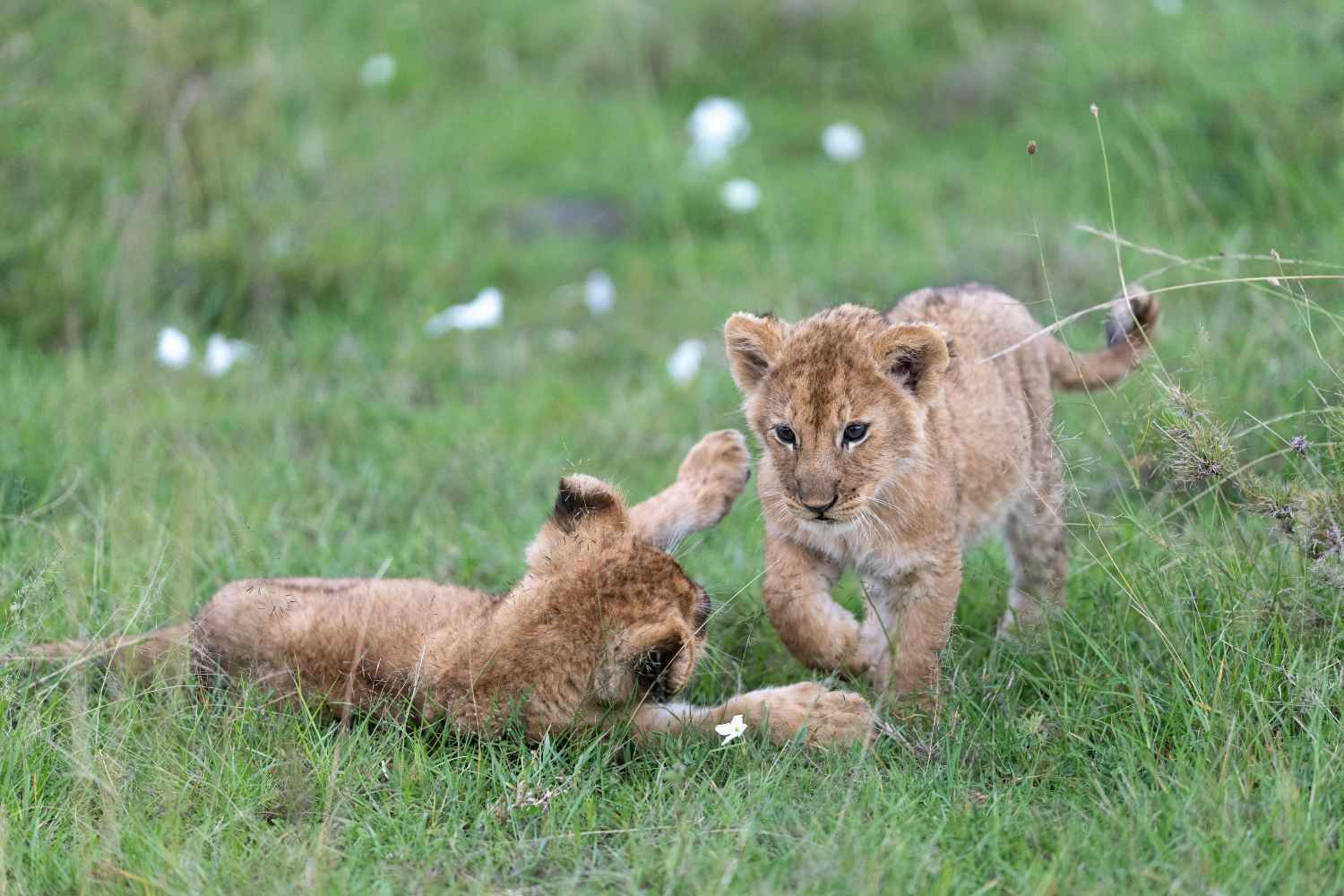A restaurant in Taiyuan, China, faces backlash for offering an experience to cuddle baby lions as part of an afternoon tea set. This incident raises serious ethical and health concerns.

@Hugo Sykes/Pexels
In Taiyuan, located in the Shanxi province of China, a local restaurant has sparked a storm of online backlash after offering a deeply controversial experience: cuddling baby lions. The promotion, part of a pricey afternoon tea set, promised interactions with various animals, including the baby lions, marketed as exotic “mascots.”
The initiative quickly caught the attention of Chinese social media, with photos and videos circulating of customers cuddling the cubs, holding them in their arms, and even snapping selfies. These adorable lion cubs, often affectionately referred to as “Simba,” became the central attraction. However, despite some influencers enthusiastically endorsing the experience, the public’s reaction was largely negative, with accusations of animal exploitation and concerns over the safety of both the animals and the participants.
The restaurant’s defense and investigation
In its defense, the restaurant claimed that the animals were supervised by qualified staff and that the experience was akin to visiting a zoo. However, local authorities remain unconvinced. The Forest Department confirmed that while the restaurant holds a license to keep African lions, it does not have permission to allow direct contact with the public. An official investigation has been launched to determine whether any regulations have been violated.
A growing concern over wildlife tourism
This incident is just the latest in a series of scandals related to exotic animal tourism across China and Asia. From lion cafes in Thailand being shut down for violations to Chinese hotels allowing guests to wake up to red pandas in their beds, there is increasing pressure to regulate the use of wild animals in commercial settings.
Experts have also raised concerns about the health risks associated with close contact with exotic species, particularly regarding the potential spread of zoonotic diseases. The Wanhui Restaurant incident highlights a troubling trend, one that, beneath its “Instagrammable” appeal, raises serious ethical and health questions about the commercial exploitation of wildlife.
